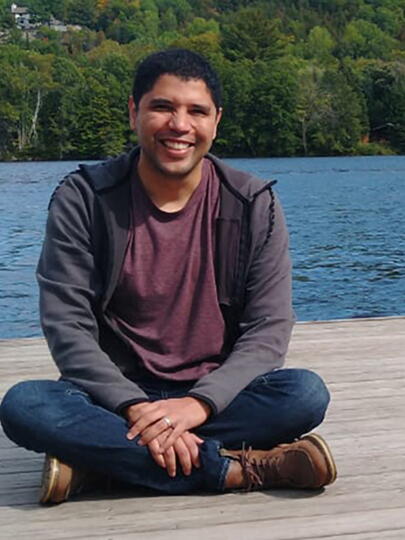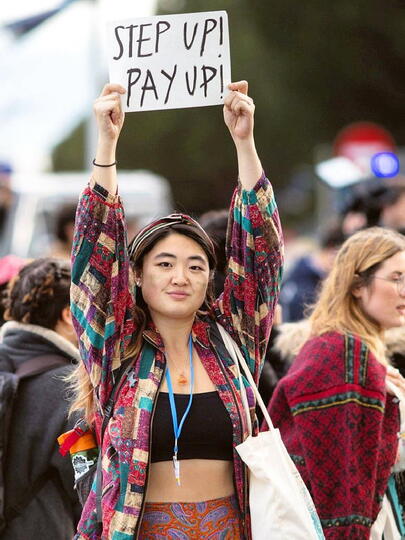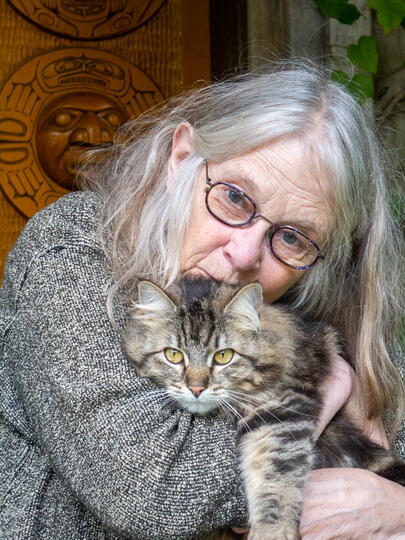
Photo courtesy of Darpan Magazine
At age 19, Alex Sangha recalls, “I had given up.” Grappling with internalized homophobia that led to self-hatred, he kept himself alive with the thought of his mother, who had raised him and his brothers as a single parent. She had always supported him, and he couldn’t bear to cause her pain. Amid this suffering, Sangha recalls a sudden epiphany, “an out-of-body spiritual experience.” His life did matter; he would use it for “seva, which in Punjabi means ‘selfless service.’”
That commitment prompted Sangha to enrol in the UBC School of Social Work, kicking off a multifaceted career. In 2008 he founded Sher Vancouver, a non-profit offering peer support groups, free crisis counselling, and referrals to queer South Asian and BIPOC youth and adults. In recognition of his work at Sher Vancouver, in 2018 Sangha received the Meritorious Service Medal from Canada’s Governor General.
Sangha, who has a thriving counselling practice, is also a mental health advocate and open to sharing his own experience with bipolar disorder. “Mental illness is even more stigmatized than being gay,” he says, so he speaks out to demonstrate that with bipolar, “you can live a healthy and productive life, you can achieve your goals, you can support a lot of people, you can have a family.”
That’s plenty to keep anyone busy, but Sangha surprised even himself with a turn towards the arts. “I got into filmmaking by accident,” he says. “It was not a choice.” In 2012, Sher Vancouver’s social coordinator and board member January Marie Lapuz was murdered. “She was a sex worker, and she was stabbed multiple times by a client,” Sangha says. “I was not happy with how the media and the police were portraying her, basically saying she deserved to die because she was in a high-risk lifestyle.” That narrative showed nothing of the vibrant person – “the mother of our group” – whom Sangha mourned. He channelled his grief into producing a short documentary, “My Name Was January,” to tell a more holistic story about his friend.
The documentary’s success (it earned 16 international awards and selection at 66 film festivals) taught Sangha that film is another “form of social work,” a way to help ensure that trans women like January are seen as more than “statistics.” After producing an award-winning feature documentary, Emergence: Out of the Shadows, about coming out as queer in Metro Vancouver’s Punjabi Sikh communities, Sangha grew eager to share the spotlight with others wielding their art as activism.
To support social justice filmmaking, he co-founded the Sundar Prize Film Festival, debuting June 15-16 in Surrey. The festival is a celebration of resilience and the “capacity to flourish” that Sangha witnesses daily as a social worker and counsellor. “I want the audience to walk away with hope,” he says.
































